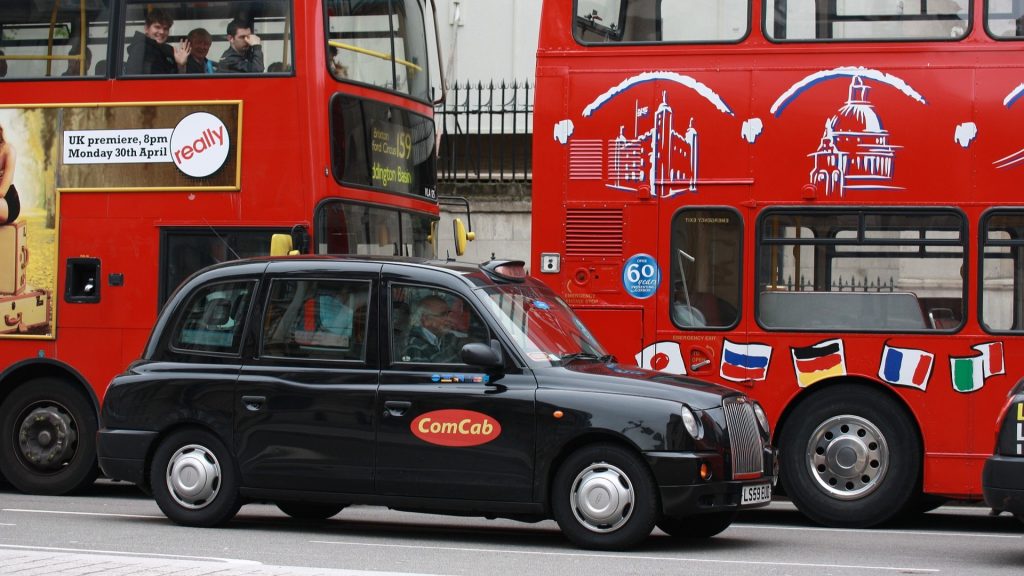The legendary London Electric Vehicle Company faces tough times.
Others are reading now
The London Taxi Company, which has been building taxis for the streets of England’s capital since its founding in 1919, is now facing challenges.
LEVC (London Electric Vehicle Company), the company behind the iconic London Taxi, has announced significant layoffs.
The BBC reports that LEVC, owned by Chinese automotive giant Geely, will lay off approximately 45 employees at its factory in Ansty Park, UK. Opened in 2017, the factory employs 400 workers and specializes in producing electric taxis.
The company stated that the layoffs are necessary to improve efficiency and respond to current market conditions. Despite the cuts, production of the electric London Taxis will continue at the site.
Also read
The London Taxi Company has a storied history, dating back to 1919.
Geely began its partnership with the company in 2006, taking full ownership in 2013 and rebranding it as the London Electric Vehicle Company.
The layoffs follow a period of unrest at the factory. In June, around 100 workers went on strike after LEVC and the union failed to agree on wage increases.
These workforce reductions highlight broader challenges in the automotive industry. Rising costs, supply chain disruptions, and shifting consumer demand are forcing many manufacturers to reassess their production strategies and staffing levels.
LEVC has not provided further details about the layoffs, which are expected to affect multiple departments at the factory. However, the company has reassured the public of its commitment to producing electric taxis and supporting sustainable transportation.
The future of LEVC and the legendary London Taxi depends on the company’s ability to adapt to market changes and continue innovating in the electric vehicle sector.
The long-term impact of these layoffs on LEVC and its production remains uncertain. Employees, unions, and industry experts are watching closely to see how the company navigates these challenges.


